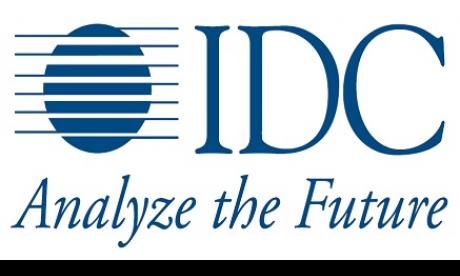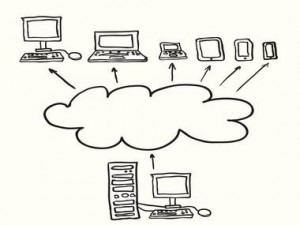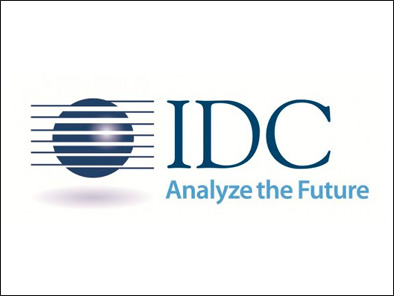
International Data Corporation India recently released a research report on the adoption trends of ‘ERP on cloud’
Tags:
- erp definition
- erp iitkgp
- erp implementation
- erp pdf
- erp sap
- erp software
- idc events in india
- idc india careers
- idc india contact number
- idc india events
- idc india glassdoor
- idc india jobs
- idc india ltd
- idc india mobile phone tracker report
- idc india salary
- idc india smartphone idc india tablet market
- idc mobility conference 2012
- IDC’s vertical IT spend forecasts
- International Data Corporation India
- open source erp
- oracle erp
- shalil gupta idc








